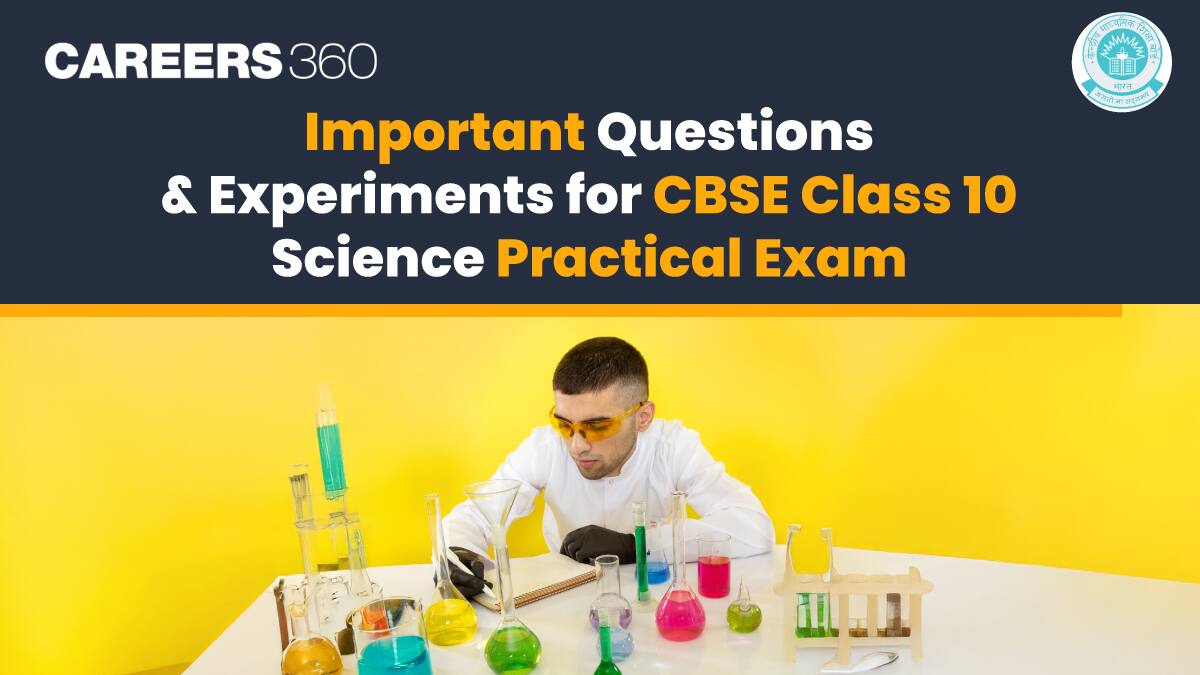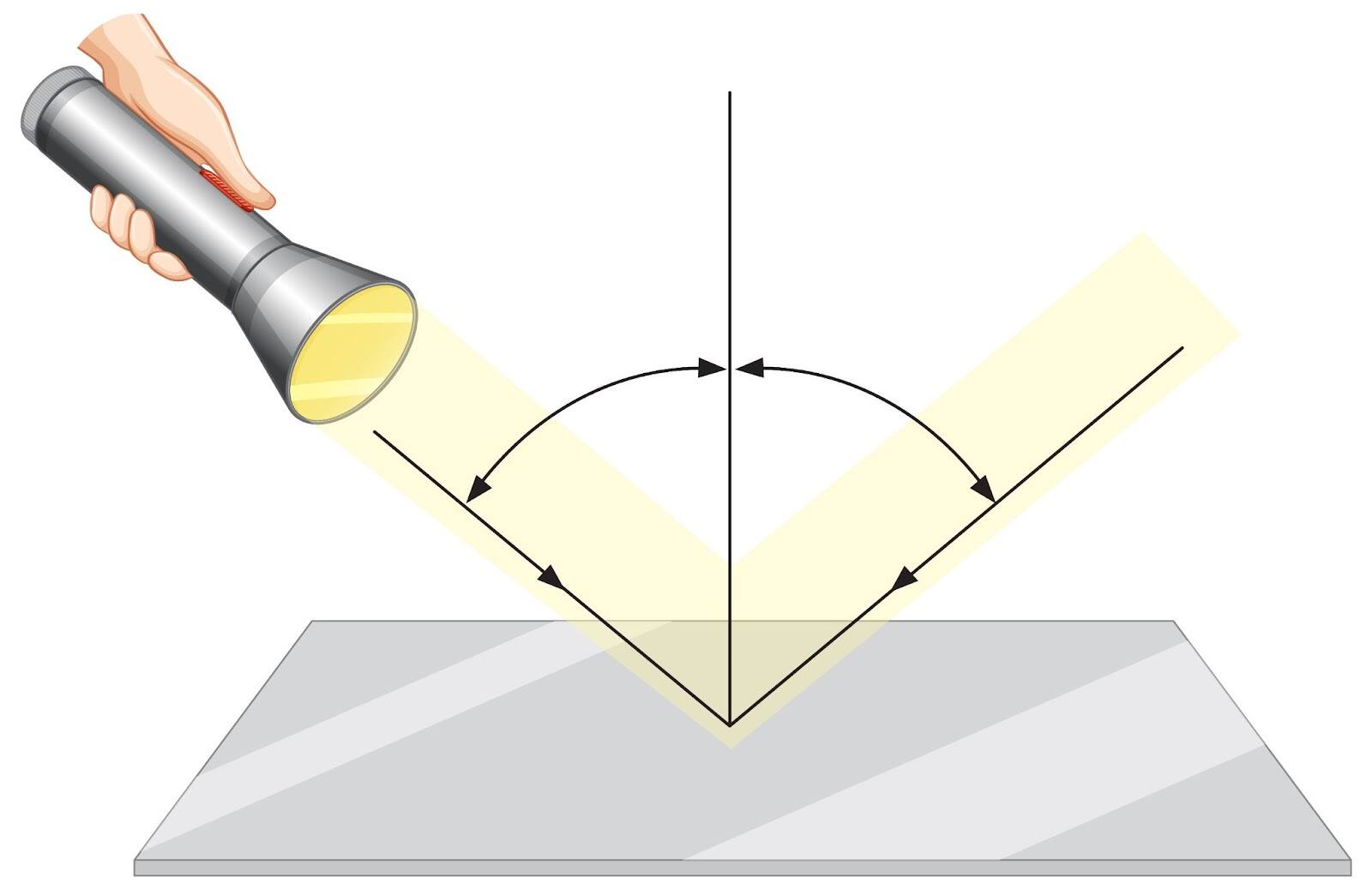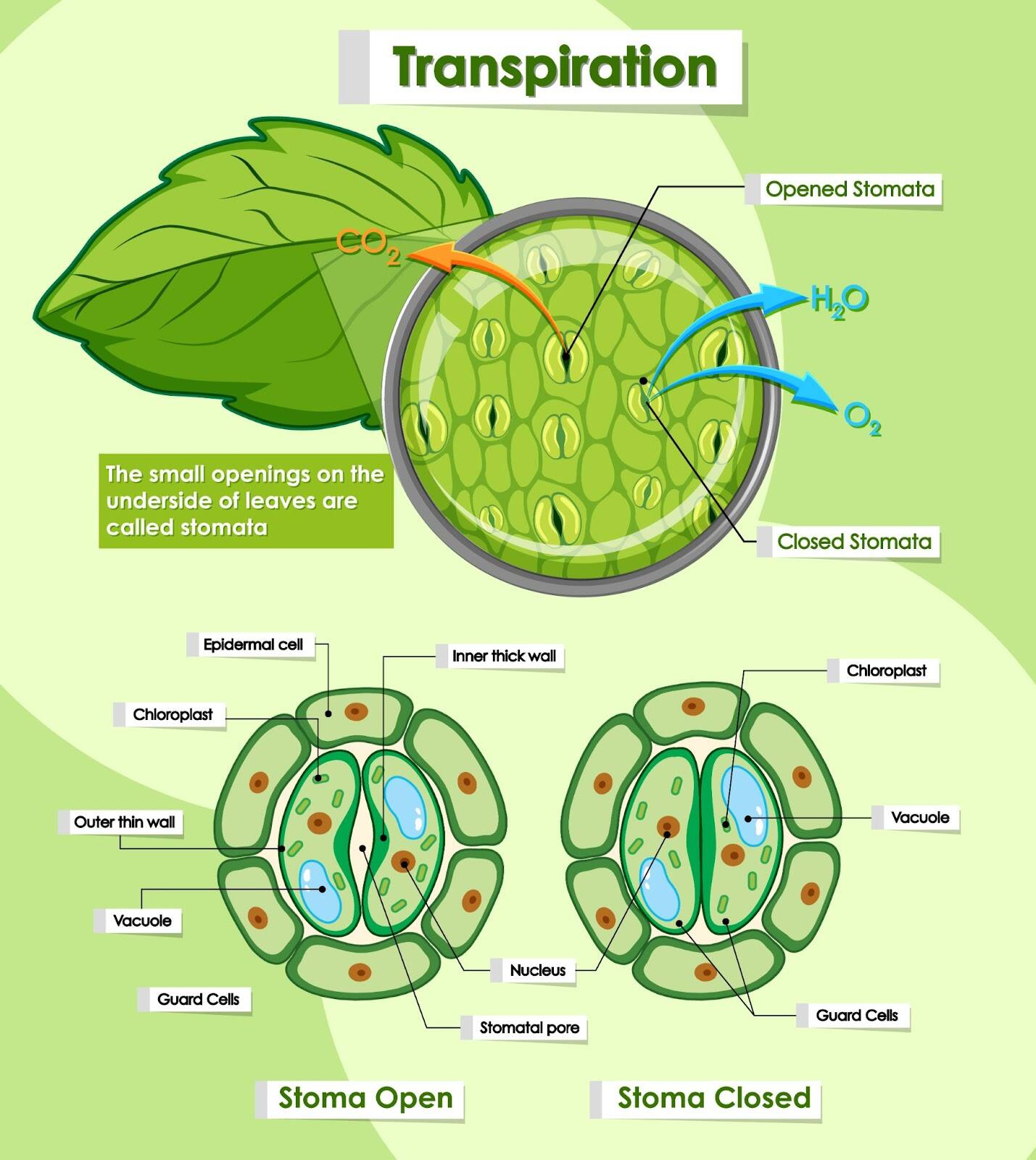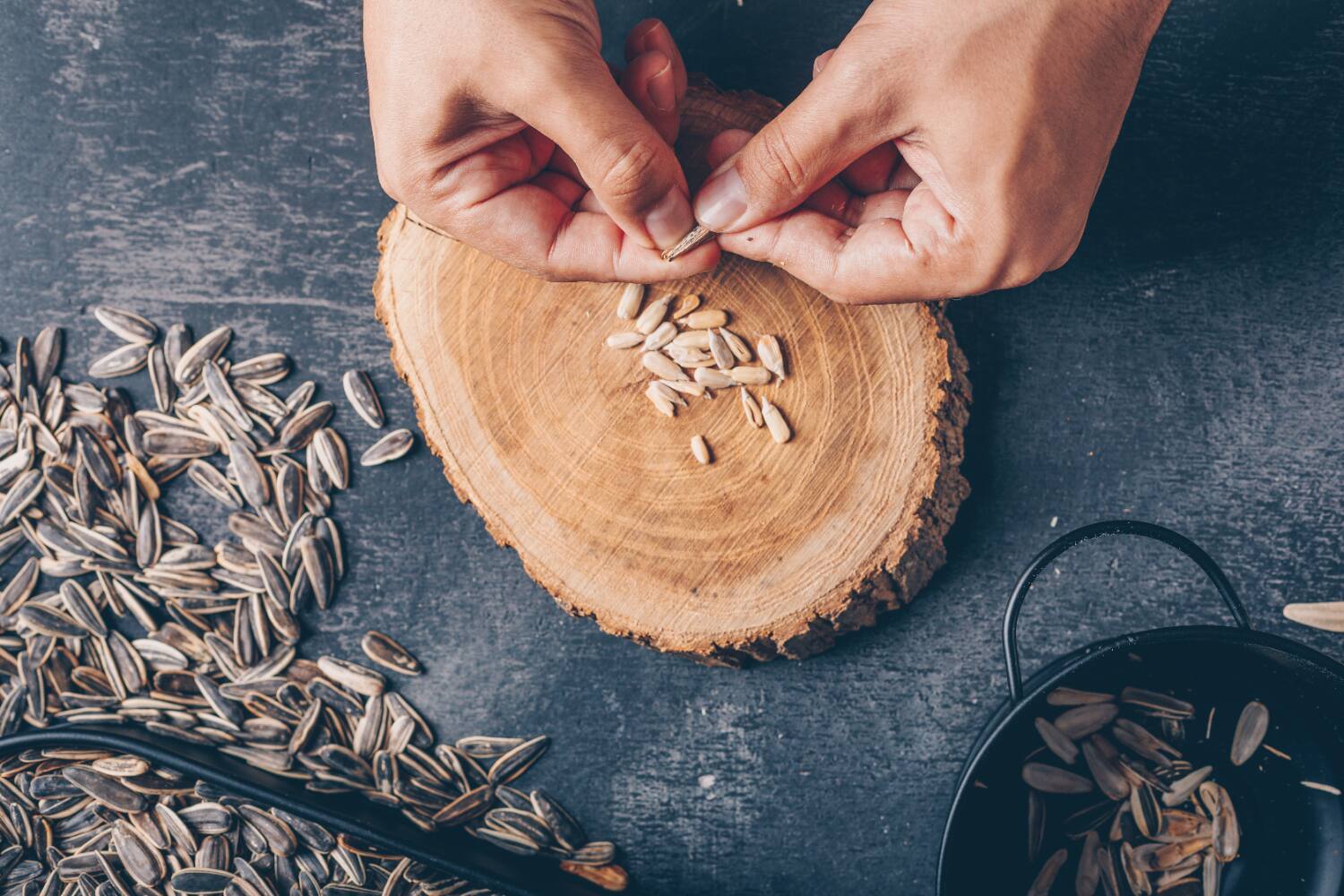Crack CBSE Class 10 Science Practicals 2025: Must Likely Questions & Experiments
CBSE Class 10 practical exams for winter-bound schools have already been conducted. The CBSE 10th practical exams for other schools commenced from January 1, 2025. The CBSE date sheet for Class 10 practical exams is released by individual schools. Each school announces their own specific dates.
This Story also Contains
- Important Experiments for CBSE Class 10 Science Practical Exam
- Important Questions to be Asked in CBSE Class 10 Science Practical Exam
- Complete List of Class 10 Science Experiments

School invigilators will be responsible for conducting the CBSE practical exams within their respective institutions. While students should primarily rely on their school's guidance for the exact CBSE 10th practical exam guidelines, but here we have provided an overview of the important experiments and potential viva questions that are frequently asked in CBSE Class 10 Science practical exams
Students appearing for the CBSE board exams should come in their proper school uniform as per the guidelines. Private candidates, however, are required to wear plain, light-coloured formal attire while reporting to the examination centre.
Important Experiments for CBSE Class 10 Science Practical Exam
This list outlines important experiments for CBSE 10th science practical exams that have a high probability of being included in the practical exams. While the specific important experiments for CBSE 10th science practical exams may vary slightly from school to school, these are generally considered to be among the most common. For better understanding, we have provided separate lists for Physics, Chemistry, and Biology experiments. However, during the actual CBSE exam, experiments from different subjects may be intermixed. Check the list of important experiments below:
Physics
Determination of the focal length of a concave mirror and a convex lens by using the u-v method.
Verification of the laws of reflection of light by using a plane mirror

Determination of the equivalent resistance of two resistors in series and parallel combination.
Studying the dependence of potential difference (V) across a resistor on the current (I) passing through it and determining its resistance. Plotting a V-I graph
Chemistry
Finding the pH of different solutions using pH paper/universal indicator.
Studying the properties of acids and bases (HCl & NaOH) based on their reaction with litmus paper, zinc metal, and solid sodium carbonate.
Performing and observing the following reactions and classifying them into combination, decomposition, displacement, and double displacement reactions:
The action of water on quicklime.
The action of heat on ferrous sulphate crystals.
Iron nails are kept in a copper sulphate solution.
Mixing solutions of barium chloride and sodium sulphate
Biology
Preparing a temporary mount of a leaf peel to show stomata

Experimentally showing that carbon dioxide is given out during respiration
Studying binary fission in amoeba and budding in yeast with the help of prepared slides under a microscope.
Dissecting and identifying the different parts of a dicot seed.

Important Questions to be Asked in CBSE Class 10 Science Practical Exam
These are some of the important questions that can be asked in the CBSE Class 10 Science practical exam. It is important to prepare for all the experiments listed in the CBSE syllabus and to understand the concepts behind them. Students should also practice answering viva questions related to the experiments.
CBSE 10th Physics Practical Exams Important Questions
The focal length of a concave mirror:
Define the principal focus of a concave mirror.
How does the nature of the image formed by a concave mirror change as the object is moved from infinity to the pole of the mirror?
What is the relation between object distance (u), image distance (v), and focal length (f) of a concave mirror?
The focal length of a convex lens:
Define the principal focus of a convex lens.
How does the nature of the image formed by a convex lens change as the object is moved from infinity to the optical center of the lens?
What is the relation between object distance (u), image distance (v), and focal length (f) of a convex lens?
Verification of laws of reflection of light:
State the laws of reflection of light.
How can you experimentally verify the laws of reflection of light using a plane mirror?
Resistance of a conductor:
Define the resistance of a conductor.
What factors affect the resistance of a conductor?
How can you experimentally determine the resistance of a given resistor using Ohm's law?
Series and parallel combination of resistors:
What is the difference between a series and parallel combination of resistors?
Derive the formula for equivalent resistance of resistors in series and parallel combination.
How can you experimentally verify the formulas for equivalent resistance of resistors in series and parallel combinations?
CBSE 10th Chemistry Practical Exams Important Questions
pH of solutions:
Define the pH of a solution.
What is the pH range of acidic, basic, and neutral solutions?
How can you determine the pH of a given solution using pH paper or a universal indicator?
Properties of acids and bases:
What are the general properties of acids and bases?
How can you experimentally test the effect of acids and bases on litmus paper, zinc metal, and solid sodium carbonate?
Chemical reactions:
What are the different types of chemical reactions?
Give examples of combination, decomposition, displacement, and double displacement reactions.
How can you experimentally demonstrate the following reactions and classify them into different types:
Action of water on quicklime
Action of heat on ferrous sulphate crystals
Iron nails kept in copper sulphate solution
Mixing solutions of barium chloride and sodium sulphate
CBSE 10th Biology Practical Exams Important Questions
Stomata:
What are stomata?
What is the function of stomata?
How can you prepare a temporary mount of a leaf peel to observe stomata under a microscope?
Respiration in organisms:
What is respiration?
How can you experimentally demonstrate that carbon dioxide is given out during respiration?
Cell division:
What are the different types of cell division?
Explain the process of binary fission in amoeba and budding in yeast.
How can you observe binary fission in amoeba and budding in yeast using prepared slides under a microscope?
Parts of a dicot seed:
What are the main parts of a dicot seed?
How can you dissect and identify the different parts of a dicot seed?
Complete List of Class 10 Science Experiments
Students can refer to the complete practical syllabus below to ensure they have covered all the required topics:
Finding the pH of the following samples by using pH paper/universal indicator:
Dilute Hydrochloric Acid
Dilute NaOH solution
Dilute Ethanoic Acid solution
Lemon juice
Water
Dilute Hydrogen Carbonate solution
Studying the properties of acids and bases (HCl & NaOH) based on their reaction with:
Litmus solution (Blue/Red)
Zinc metal
Solid sodium carbonate
Performing and observing the following reactions and classifying them into:
Combination reaction
Decomposition reaction
Displacement reaction
Double displacement reaction
Action of water on quicklime
Action of heat on ferrous sulphate crystals
Iron nails kept in copper sulphate solution
Reaction between sodium sulphate and barium chloride solutions
Observing the action of Zn, Fe, Cu and Al metals on the following salt solutions:
ZnSO4(aq)
FeSO4(aq)
CuSO4(aq)
Al2 (SO4)3(aq)
Arranging Zn, Fe, Cu and Al (metals) in the decreasing order of reactivity based on the above result.
Studying the dependence of potential difference (V) across a resistor on the current (I) passing through it and determining its resistance. Also plotting a graph between V and I.
Determination of the equivalent resistance of two resistors when connected in series and parallel.
Preparing a temporary mount of a leaf peel to show stomata.
Experimentally shows that carbon dioxide is given out during respiration.
Study of the following properties of acetic acid (ethanoic acid):
Odour
solubility in water
effect on litmus
reaction with Sodium Hydrogen Carbonate
- Study of the comparative cleaning capacity of a sample of soap in soft and hard water
- Determination of the focal length of:
i) Concave mirror
ii) Convex lens by obtaining the image of a distant object.
Tracing the path of a ray of light passing through a rectangular glass slab for different angles of incidence. Measure the angle of incidence, angle of refraction, angle of emergence and interpret the result.
Studying (a) binary fission in Amoeba, and (b) budding in yeast and Hydra with the help of prepared slides.
Tracing the path of the rays of light through a glass prism.
Identification of the different parts of an embryo of a dicot seed (Pea, gram or red kidney bean).
Also, Check - CBSE 10th Science Last 5 Years Question Papers
Questions related to CBSE Class 12th
On Question asked by student community
Hello
You will be able to download the CBSE Previous Year Board Question Papers from our official website, careers360, by using the link given below.
https://school.careers360.com/boards/cbse/cbse-previous-year-question-papers
I hope this information helps you.
Thank you.
Hello
You will be able to download the CBSE Pre-Board Class 12 Question Paper 2025-26 from our official website by using the link which is given below.
https://school.careers360.com/boards/cbse/cbse-pre-board-class-12-question-paper-2025-26
I hope this information helps you.
Thank you.
Hello,
Yes, it's completely fine to skip this year's 12th board exams and give them next year as a reporter or private candidate, allowing you to prepare better; the process involves contacting your current school or board to register as a private candidate or for improvement exams during the specified
HELLO,
Yes i am giving you the link below through which you will be able to download the Class 12th Maths Book PDF
Here is the link :- https://school.careers360.com/ncert/ncert-book-for-class-12-maths
Hope this will help you!
Hello,
Here is your Final Date Sheet Class 12 CBSE Board 2026 . I am providing you the link. Kindly open and check it out.
https://school.careers360.com/boards/cbse/cbse-class-12-date-sheet-2026
I hope it will help you. For any further query please let me know.
Thank you.
Applications for Admissions are open.
As per latest syllabus. Physics formulas, equations, & laws of class 11 & 12th chapters
JEE Main Important Chemistry formulas
Get nowAs per latest syllabus. Chemistry formulas, equations, & laws of class 11 & 12th chapters
JEE Main high scoring chapters and topics
Get nowAs per latest 2024 syllabus. Study 40% syllabus and score upto 100% marks in JEE
JEE Main Important Mathematics Formulas
Get nowAs per latest syllabus. Maths formulas, equations, & theorems of class 11 & 12th chapters
